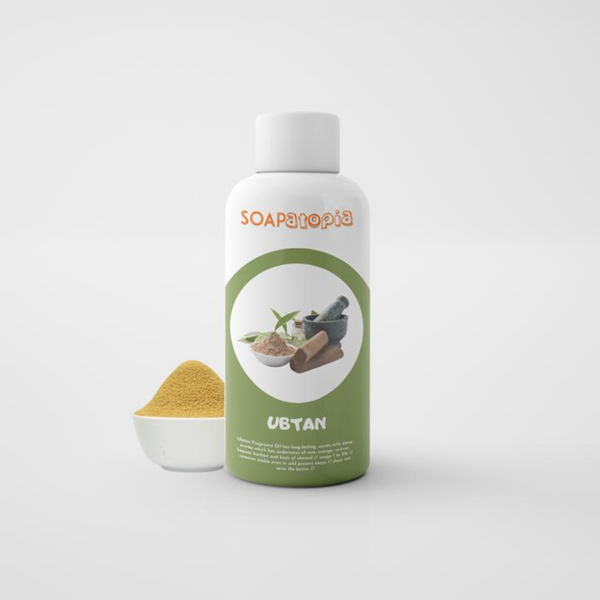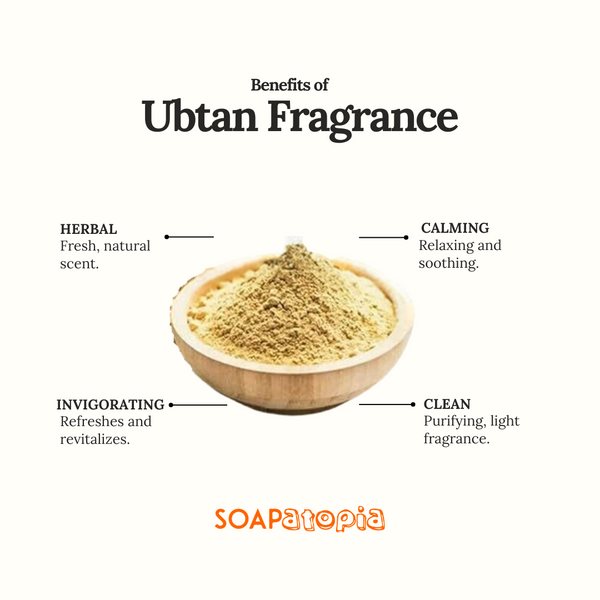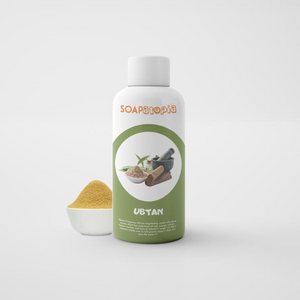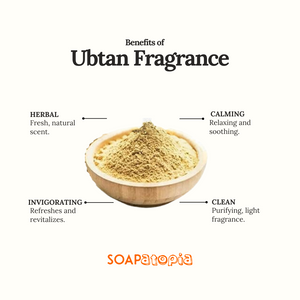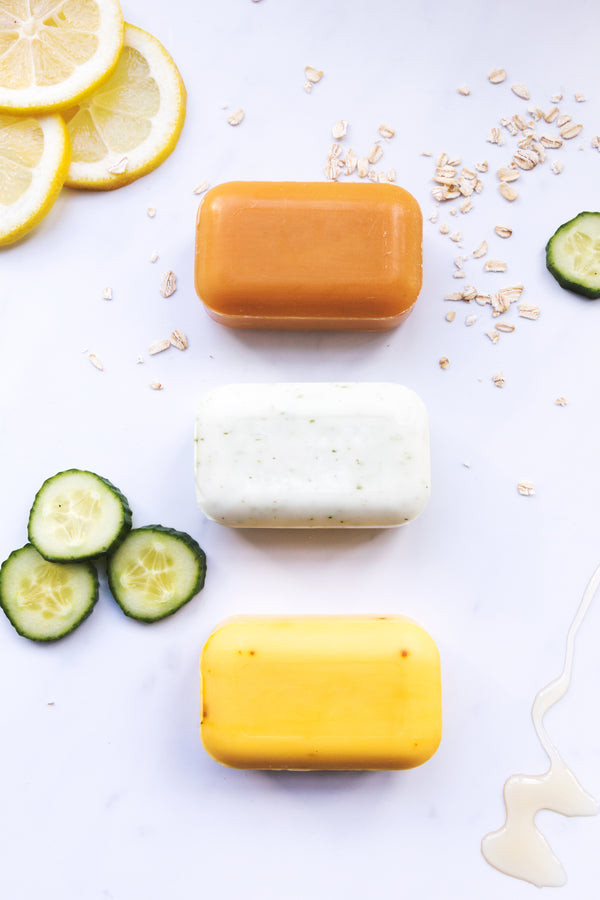Enter your pincode to check estimated delivery:
The Ubtan Fragrance opens with a burst of invigorating citrus notes, awakening your senses and setting the stage for a sensory journey. As the fragrance unfolds, delicate floral undertones emerge, reminiscent of the vibrant blossoms used in the creation of the revered ubtan paste. A harmonious fusion of turmeric, sandalwood, and saffron creates a warm and grounding heart, paying homage to the natural ingredients that have graced Indian skincare regimens for centuries.
This aromatic symphony is elegantly rounded off with hints of sweet almond, lending a subtle sweetness that lingers on the skin. The result is a fragrance that not only tantalizes the senses but also evokes the feeling of indulging in a luxurious spa experience steeped in tradition.
A cold process stable fragrance refers to a type of fragrance or scent that can withstand the chemical reactions and conditions involved in the cold process soap-making method. Cold process soap-making involves mixing oils and fats with a lye solution to initiate the saponification process, resulting in the formation of soap.
In the context of soap making, some fragrances may be sensitive to the alkaline environment created by the lye in the soap-making process. This alkaline environment can potentially alter the fragrance composition, leading to a change in scent or even causing the fragrance to dissipate.
A cold process stable fragrance is formulated or chosen to resist these changes and remain stable throughout the soap-making process. Soap makers often look for fragrances specifically designed or tested for cold process soap making to ensure that the desired scent is retained in the finished product. This stability is crucial for maintaining the intended fragrance profile and ensuring the quality of the final soap product.


